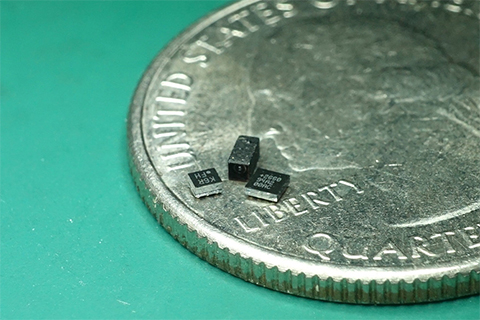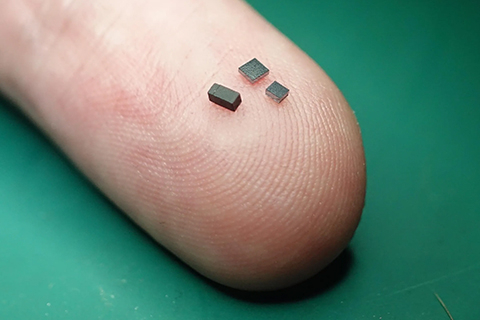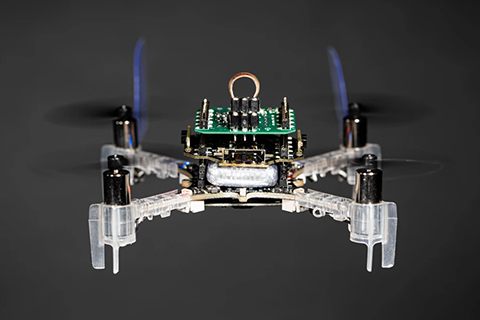Mechatronics researchers in UW Mechanical Engineering are engaged in an array of groundbreaking projects at the intersections of mechanics, electronics and computing. Much of this work takes place in the area of robotics; our faculty are at the forefront of research in robot-human interaction, nanorobotics, automation and advanced manufacturing. The new devices, technologies, systems and processes being developed in our labs will have lasting impact on industries as diverse as health care, automotive, aeronautics, manufacturing and information technology across the state of Washington and beyond.
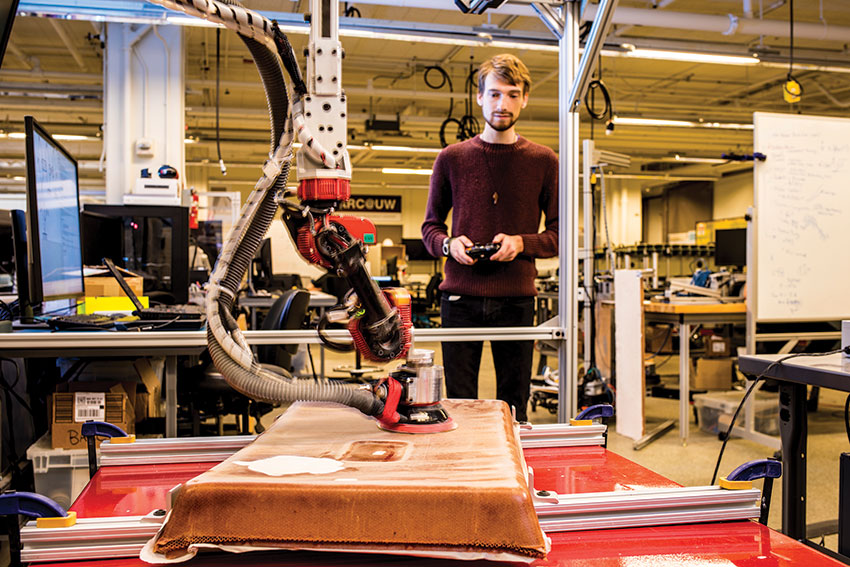
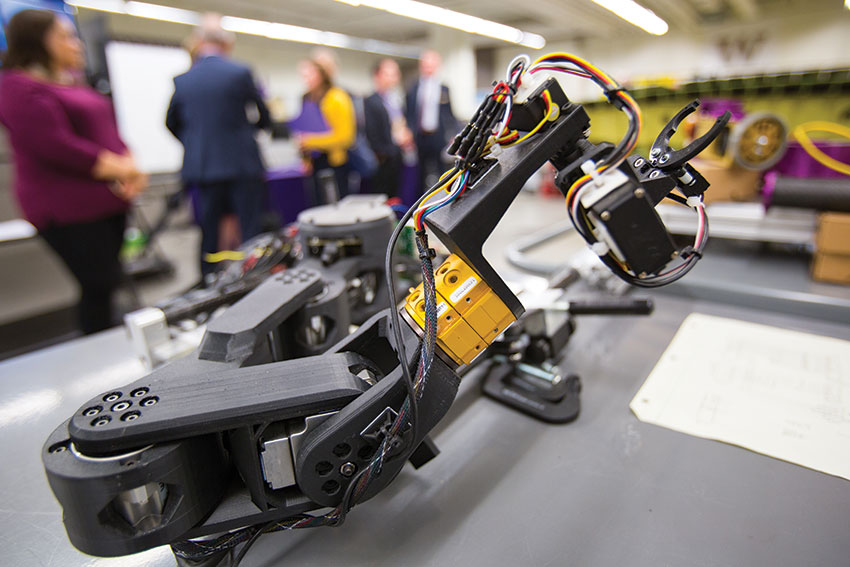
Key research areas
- Robotics and human interaction
- Robotics for manufacturing
- Controls and system dynamics
- Sensors and actuators
- Compatible nanorobotics for human health
- Augmented and virtual reality
- Prosthetic devices
- Autonomous systems
Research highlights
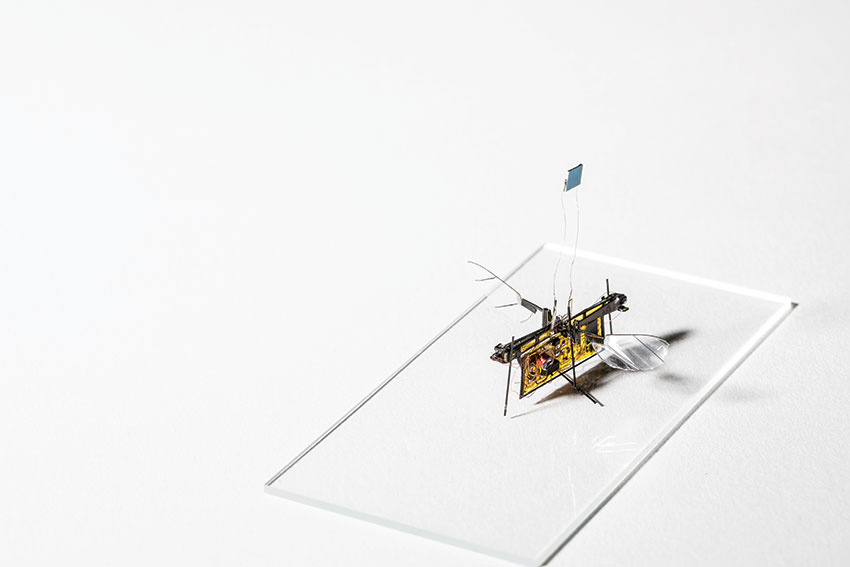
The Autonomous Insect Robotics Laboratory develops technology aimed at insect-sized robots to create tiny robots capable of sensing and performing in the world without a human operator.
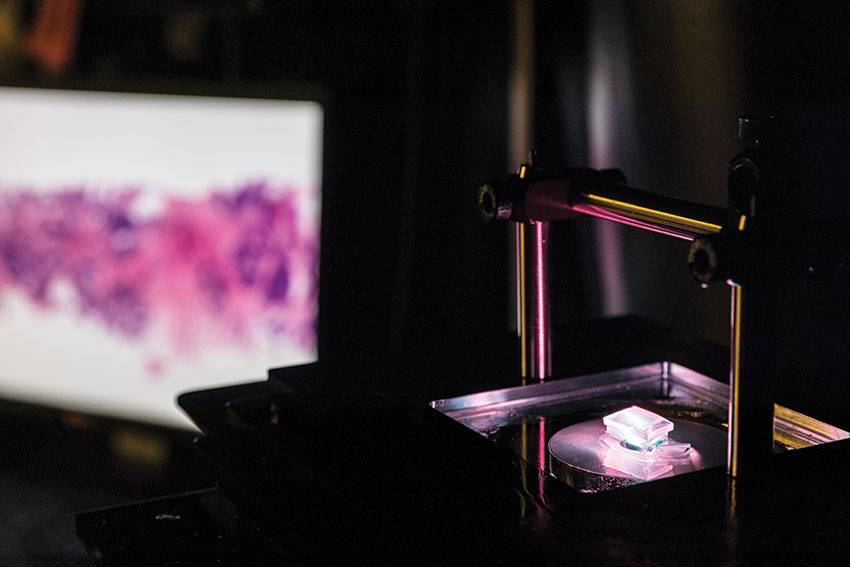
ME faculty are advancing the field of photonics through innovations in imaging technologies, optical scanning, molecular imaging, biomedical diagnostics and instrumentation.
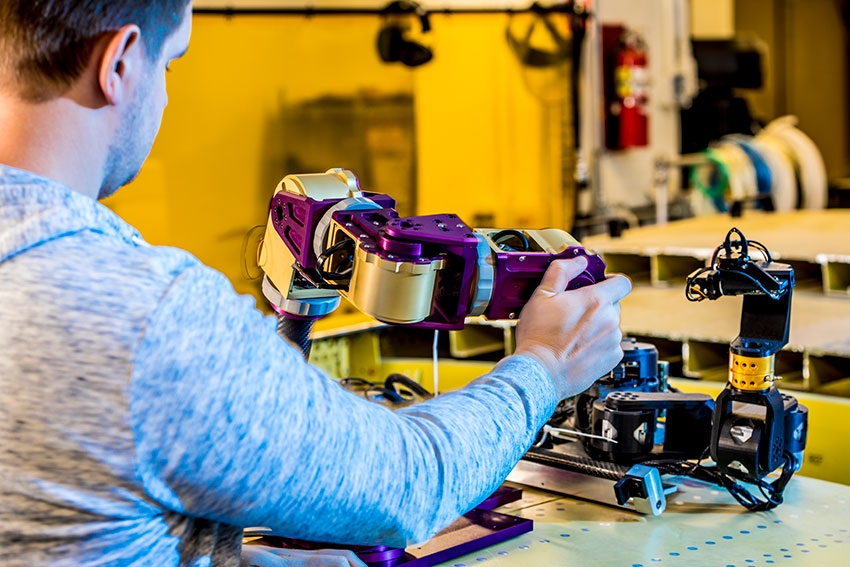
Boeing Advanced Research Collaboration pairs Boeing engineers with students and faculty to develop solutions for Boeing products in the areas of automation, robotics, composites and aircraft assembly.
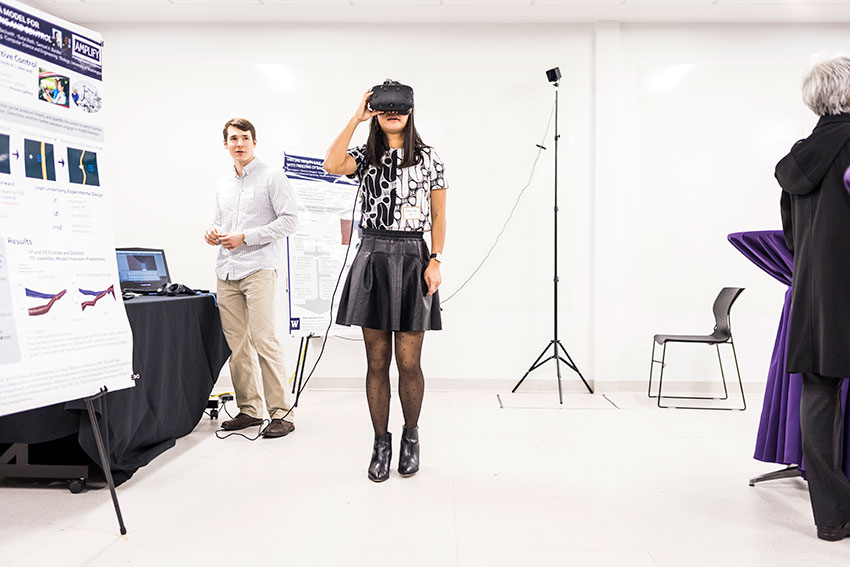
Focused on amplifying human and robotic interaction, the AMP Lab advances understanding of the dynamics and control of movement to design treatment strategies and assistive technologies that improve function and quality of life.
Award-winning student teams
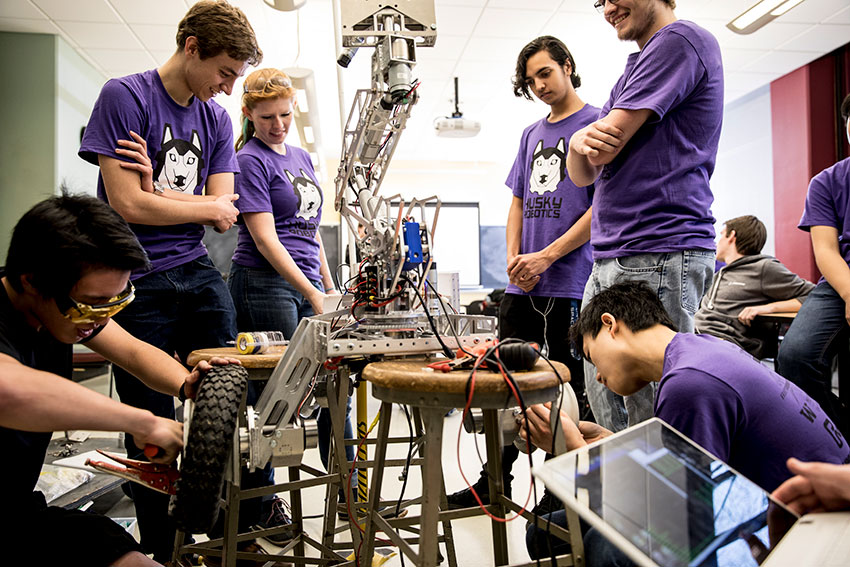
Husky Robotics designs, builds, programs and competes Mars Rovers in simulated missions while providing students with experience in machining, circuit design, coding and project management.
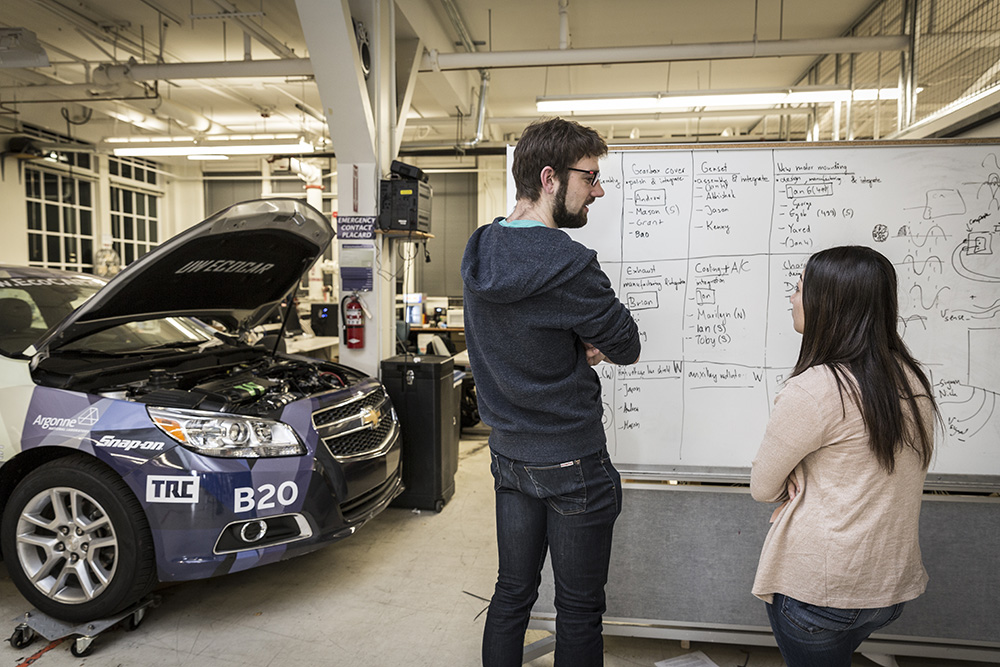
EcoCAR is converting a Chevrolet Camaro into a hybrid electric vehicle for a student competition sponsored by General Motors and the U.S. Department of Energy.
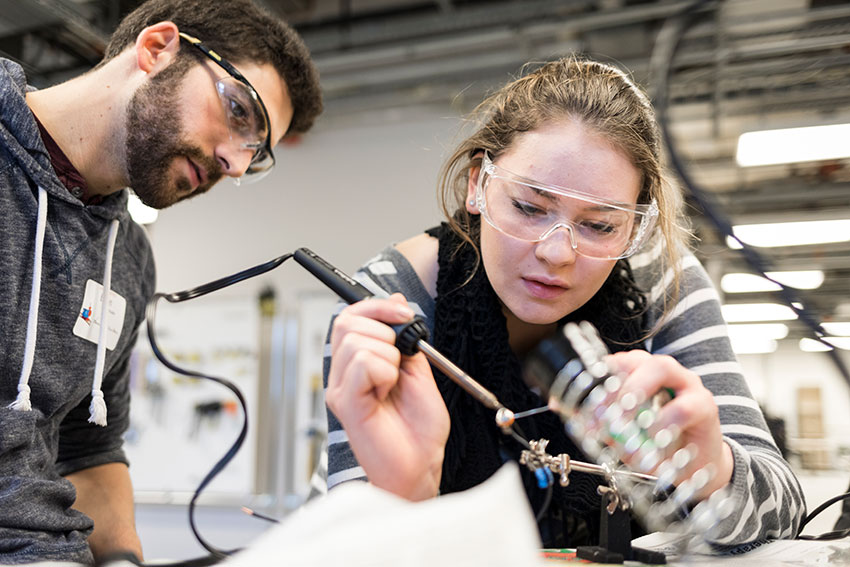
HuskyADAPT works with the community to modify toys and codesign innovations to improve the lives of individuals with disabilities and support inclusive play for all.
